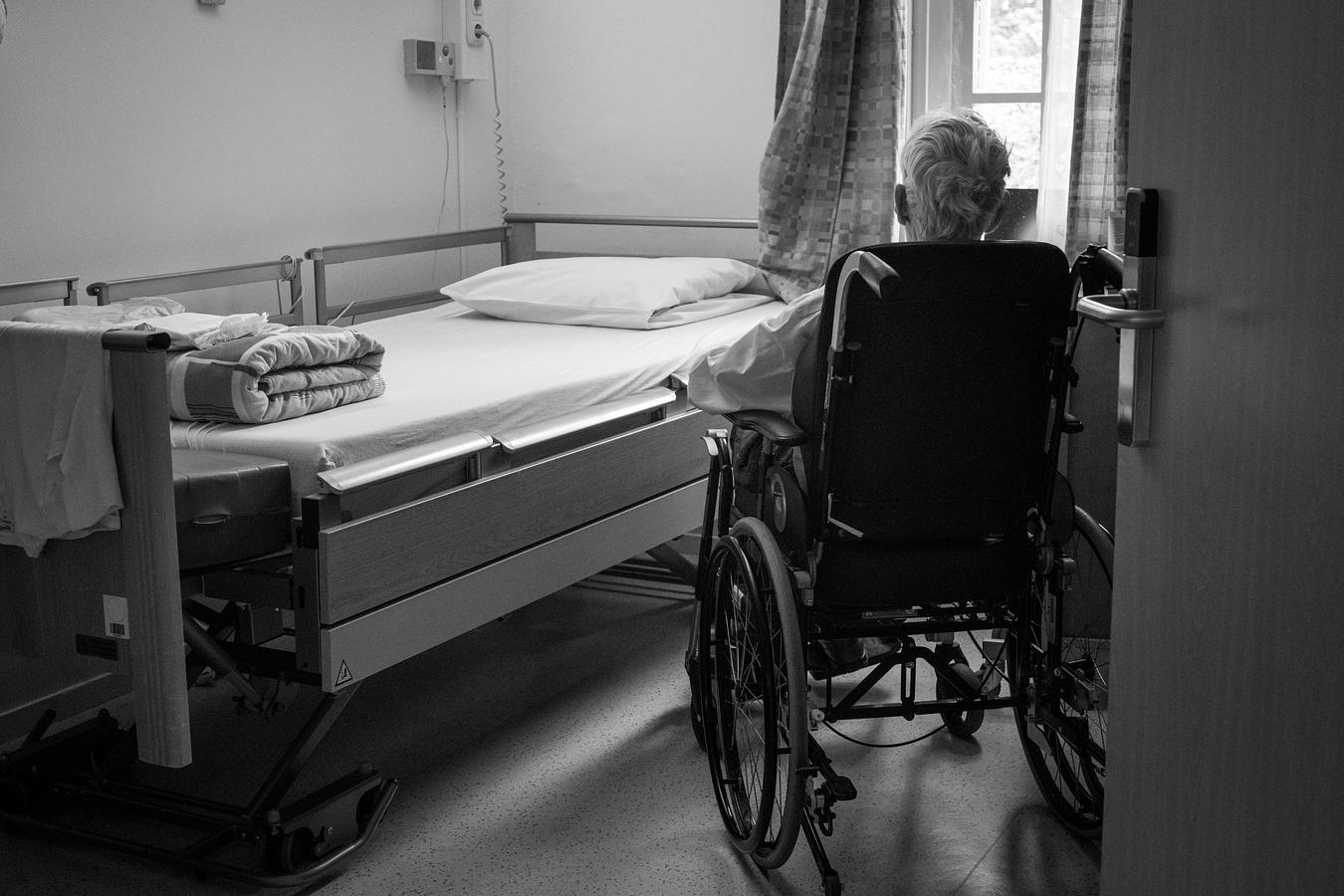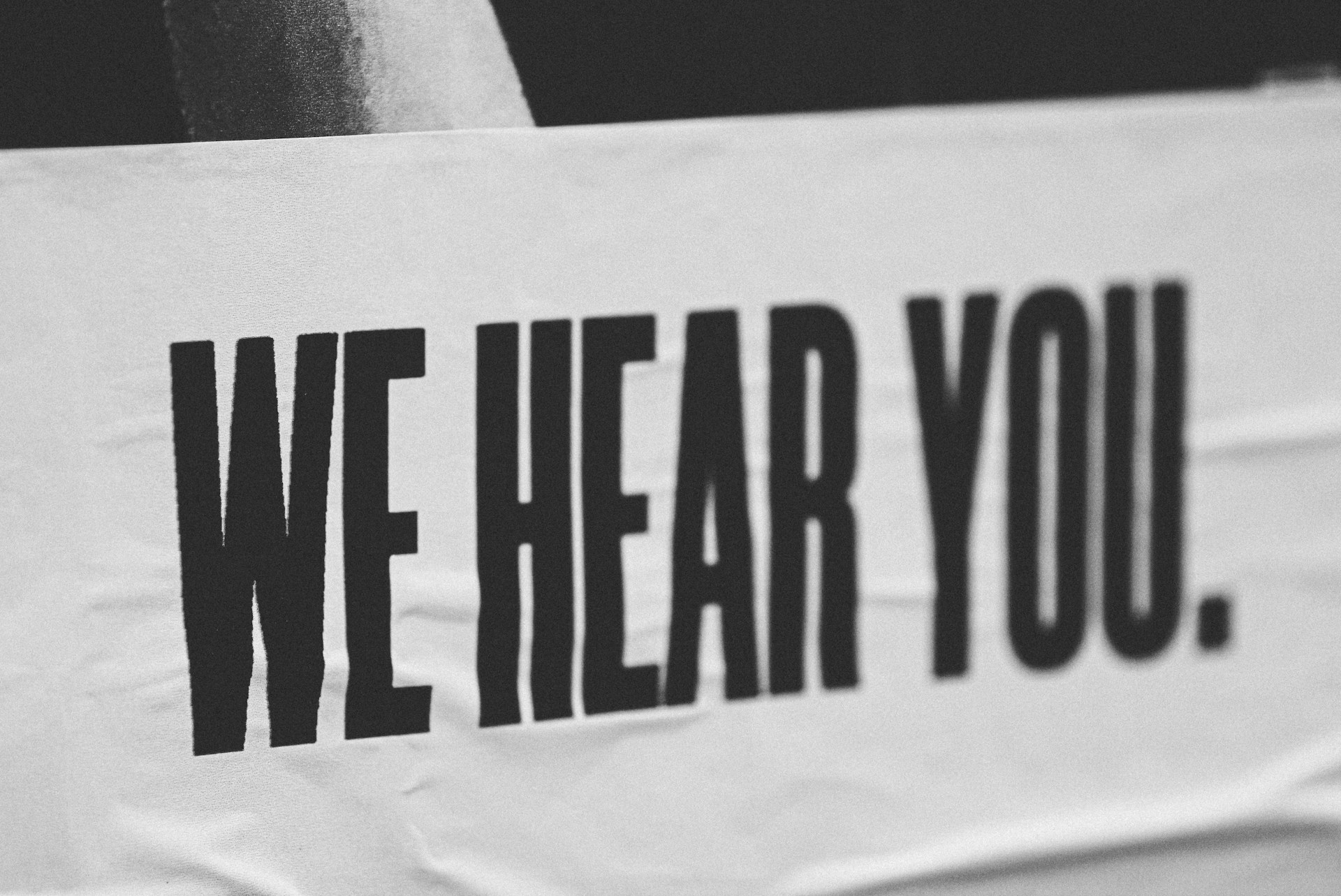Medical errors are the third leading cause of death in the U.S, accounting for between 250,000 and 440,00 deaths per year.
It is a major public health issue that becomes even more serious when we also consider the number of patients who suffer serious adverse reactions from their treatment at the hands of healthcare professionals.
This is often the result of mistakes either in hospitals or by home healthcare agencies, nursing homes, and/or personal care agencies caring for the elderly.
Despite healthcare organizations increasingly being held to account for their actions, the number of medical malpractice lawsuits is increasing.
So, what are the most common preventable medical mistakes in nursing homes or by home help aides?
What should you be on the lookout for, in particular, when you entrust the care of a loved one to such professionals?
Following are the five most common nursing home and home-help errors that lead to lawsuits in the U.S.

Failure to prevent bedsores
One of the expectations, when loved ones enter an assisted living or a nursing home facility or when they employ a home-help aide, is that they will receive the necessary assistance with moving around.
If a patient is bed-bound, it is well known that regular movement helps prevent bed sores or pressure ulcers.
These are injuries that result due to pressure on the skin when a person is kept in the same position for a lengthy period of time.
If these sores are left untreated, they can become very uncomfortable and develop potentially serious infections that can take weeks to heal.
Bedsores are one hundred percent preventable with the right care.
If your loved one is kept in the same position in bed or a wheelchair and develops redness, swelling or tender skin, there is the potential for bedsores to develop.
If open bedsores are already visible, you may have a medical malpractice case.
Failure to prevent falls
Most people don’t need reminding that falls can be especially serious for elderly or sick people requiring care at home or in a nursing home.
Any such fall can lead to a serious injury but the truth is that many falls are preventable.
It is a reasonable expectation that an aged care facility or trained home help aide take reasonable precautions with patients to prevent falls and injuries from occurring.
Patient safety and wellbeing should be the prime concern. It is, therefore, reasonable to expect that the facility or personal care agency will:
- Assess fall-risk
- Prevent events that put safety at risk
- Take steps to reduce falls and other accidents
- Provide training in lifting techniques for carers
- Ensure staffing levels are adequate for monitoring patients
- Regularly assist patients with using the restroom
- Ensure all beds have adequate bed rails fitted
People are at their most vulnerable when in nursing and care situations. Failure to take the necessary precautions may result in dangerous falls.
Whether it is due to poor staffing levels, lack of training, lack of leadership or professional negligence, the organization entrusted to look after your loved one may be considered negligent and liable.
Failure to treat or diagnose injuries from falls in a timely manner
It is also a reasonable expectation that a nursing home or home help aide has a plan in place if a patient suffers an unexpected fall.
Often, if the problem is dealt with promptly, it can help prevent more serious injury or even death. Every day, over 1000 people die in U.S. hospitals from falls.
There should be a plan in place for observing the patient and diagnosing any problems resulting from a fall. Then there should be a plan for treating common problems, with immediate transfer to hospital, if necessary.
Failure to address the issue in a timely manner may lead to added complications and the care facility may be considered negligent. This could result in a malpractice lawsuit.
Mismanagement of serious conditions like septic shock
Failure to recognize the symptoms of serious, life-threatening conditions is another major cause of medical malpractice lawsuits.
Sepsis is organ failure due to an infection, resulting in inflammation that can become severe very quickly.
Septic shock is an infection throughout the body that is accompanied by dangerously low blood pressure.
If either condition is left untreated, it is often fatal. Symptoms can develop very quickly and the condition can become life-threatening rapidly. Most cases will be treated in the intensive care unit of the hospital.
If a patient is not transferred to a hospital or other suitable medical facility for treatment, it is highly likely that they will not survive.
Sepsis is quite common in elderly people. Every medical facility, including nursing homes and aged care facilities, should have a system in place to recognize the symptoms and to arrange transfer to a hospital immediately if the symptoms are observed.
It is negligent if this is not the case and the facility may be liable for damages.
Failure to prevent infections
Bacteria often thrive in places like nursing homes.
It is therefore expected that such facilities take appropriate measures to prevent the spread of bacteria, which can lead to serious infections in elderly patients.
However, a 2011 study found that around two million infections occur in U.S. nursing facilities each year.
Some typical examples of infections that elderly people may catch in a nursing home include:
- Respiratory infections (such as pneumonia)
- Urinary tract infections
- Soft-tissue infections
- Skin infections
- Influenza
- Gastroenteritis
- Digestive tract infections (such as diverticulitis)
While there is a chance of picking up such infections anywhere, if it can be shown that the nursing home was negligent in their duties to protect the patient and the infection was due to this negligence, you may be able to sue for damages.
Contact our NYC Bedsore lawyers today
What can you do if a loved one has been the victim of a medical error by nursing home staff or home help aide?
One option is to seek compensation for your damages by filing a medical malpractice lawsuit against the organization entrusted to care for your loved one.
However, medical malpractice law is complex, often involving large insurance companies.
The experienced lawyers at Sinel & Olesen, PLLC can help you get started with a free consultation to see whether you have a valid case.




